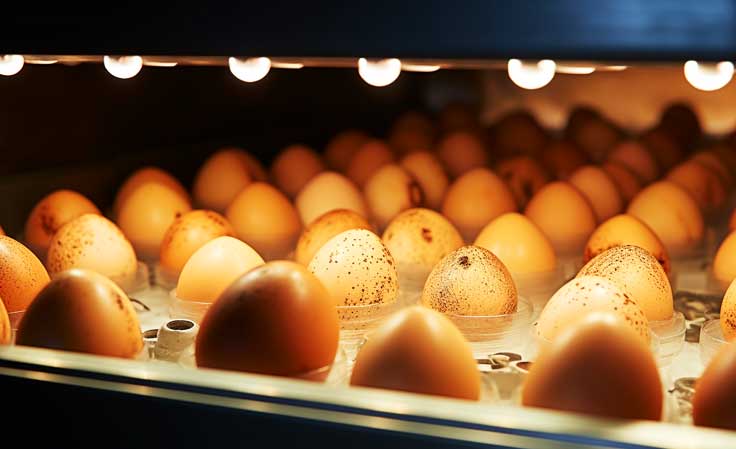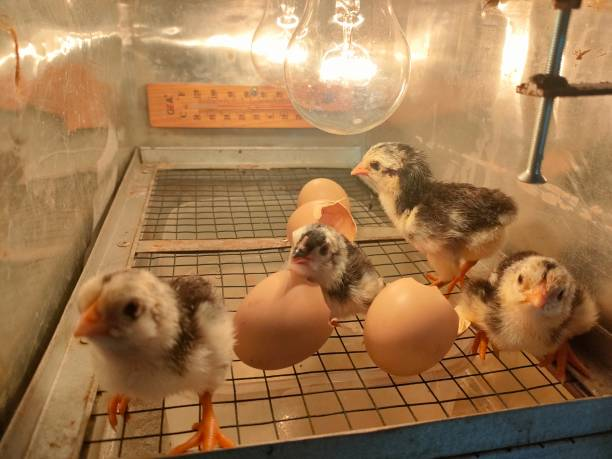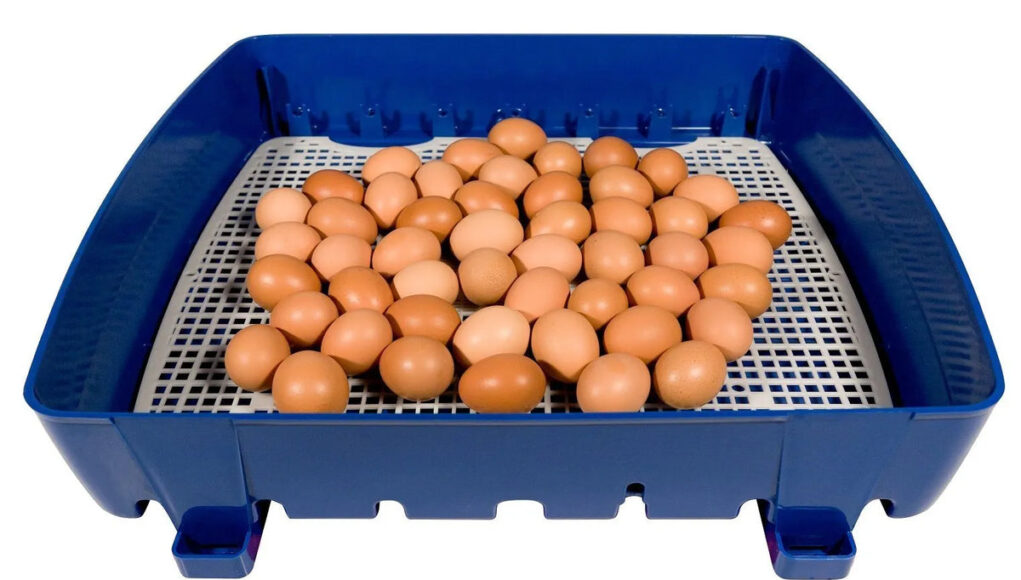In the world of poultry farming, the egg incubator with automatic turner has become an essential tool for many enthusiasts and professionals alike. If you’re passionate about hatching eggs and raising chickens, understanding the benefits and functionalities of this device is crucial. This article will explore everything you need to know about egg incubators with automatic turners, making the process of egg hatching more efficient and successful.

What is an Egg Incubator with Automatic Turner?
An egg incubator with automatic turner is a device designed to replicate the conditions necessary to hatch eggs artificially. Unlike traditional methods, this incubator includes an automatic turning feature, which mimics the natural turning of eggs by a hen. This feature plays a vital role in ensuring even heat distribution and preventing the embryo from sticking to the shell.
Why Use an Automatic Turner?
The automatic turner is a game-changer in the incubation process. It saves time and effort by eliminating the need to manually turn the eggs multiple times a day. Consistent turning helps in the development of the embryo, increasing the chances of successful hatching.
How Does an Egg Incubator Work?
An egg incubator maintains optimal temperature and humidity levels, similar to those provided by a brooding hen. The device is equipped with a thermostat to regulate temperature and a hygrometer to monitor humidity. In an incubator with an automatic turner, the eggs are rotated at regular intervals, ensuring uniform heat exposure.
Key Features to Consider
When selecting an egg incubator with automatic turner, consider factors such as capacity, ease of use, and additional features like digital controls and alarms. These features can significantly impact the hatching success rate.
Benefits of Using an Egg Incubator with Automatic Turner
Using an egg incubator with automatic turner offers numerous benefits, especially for those who are new to poultry farming or looking to increase their hatch rates.
Increased Hatch Rates
The consistent and even turning of eggs provided by the automatic turner is crucial for embryo development, leading to higher success rates in hatching.
Convenience and Time-Saving
With an automatic turner, you no longer need to worry about the manual turning process. This feature frees up time for other important tasks.
Temperature and Humidity Control
Modern incubators come with precise temperature and humidity controls, ensuring that the eggs are kept in the ideal environment for incubation.
How to Use an Egg Incubator with Automatic Turner
Operating an egg incubator with automatic turner is straightforward, but attention to detail is crucial for success.
Setting Up the Incubator
Place the incubator in a stable environment away from direct sunlight and drafts. Ensure that it is on a level surface for accurate turning.
Loading the Eggs
Carefully place the eggs in the incubator, ensuring they are clean and free from cracks. The automatic turner will take care of the rest.
Monitoring the Incubation Process
Regularly check the temperature and humidity levels. Most incubators have alarms to alert you if these levels fall outside the optimal range.
Challenges and Troubleshooting
Despite the advantages, using an egg incubator with automatic turner can present challenges. Understanding common issues and how to address them is essential.
Temperature Fluctuations
Sudden changes in temperature can affect the hatching process. Ensure the incubator is in a controlled environment to prevent fluctuations.
Humidity Levels
Maintaining the correct humidity levels is critical. Too high or too low humidity can impact the development of the embryo. Learn more about managing humidity levels from this humidity guide.
Buying Guide for Egg Incubators with Automatic Turners
When purchasing an egg incubator with automatic turner, consider the following aspects:
Capacity
Choose an incubator based on the number of eggs you plan to hatch. Larger capacity incubators are ideal for commercial use, while smaller ones are suitable for hobbyists.
Features
Look for features such as digital displays, alarms, and adjustable humidity controls. These can enhance the incubation process.
Brand and Reviews
Research different brands and read customer reviews to find a reliable and efficient incubator.
FAQs
1. How often should eggs be turned in an incubator?
Eggs should be turned at least three times a day. An automatic turner will handle this task for you.
2. What temperature should an incubator be set at?
The ideal temperature for hatching chicken eggs is around 99.5F (37.5C).
3. How long does it take for chicken eggs to hatch?
Chicken eggs typically take 21 days to hatch when incubated correctly.

Conclusion
In conclusion, an egg incubator with automatic turner is a valuable tool for anyone interested in hatching eggs efficiently and successfully. By understanding how these incubators work and how to use them effectively, you can increase your hatch rates and enjoy the rewarding experience of raising poultry. For a deeper dive into the incubation process, check out this external resource on incubating chicken eggs.
This article contains affiliate links. We may earn a commission at no extra cost to you.











